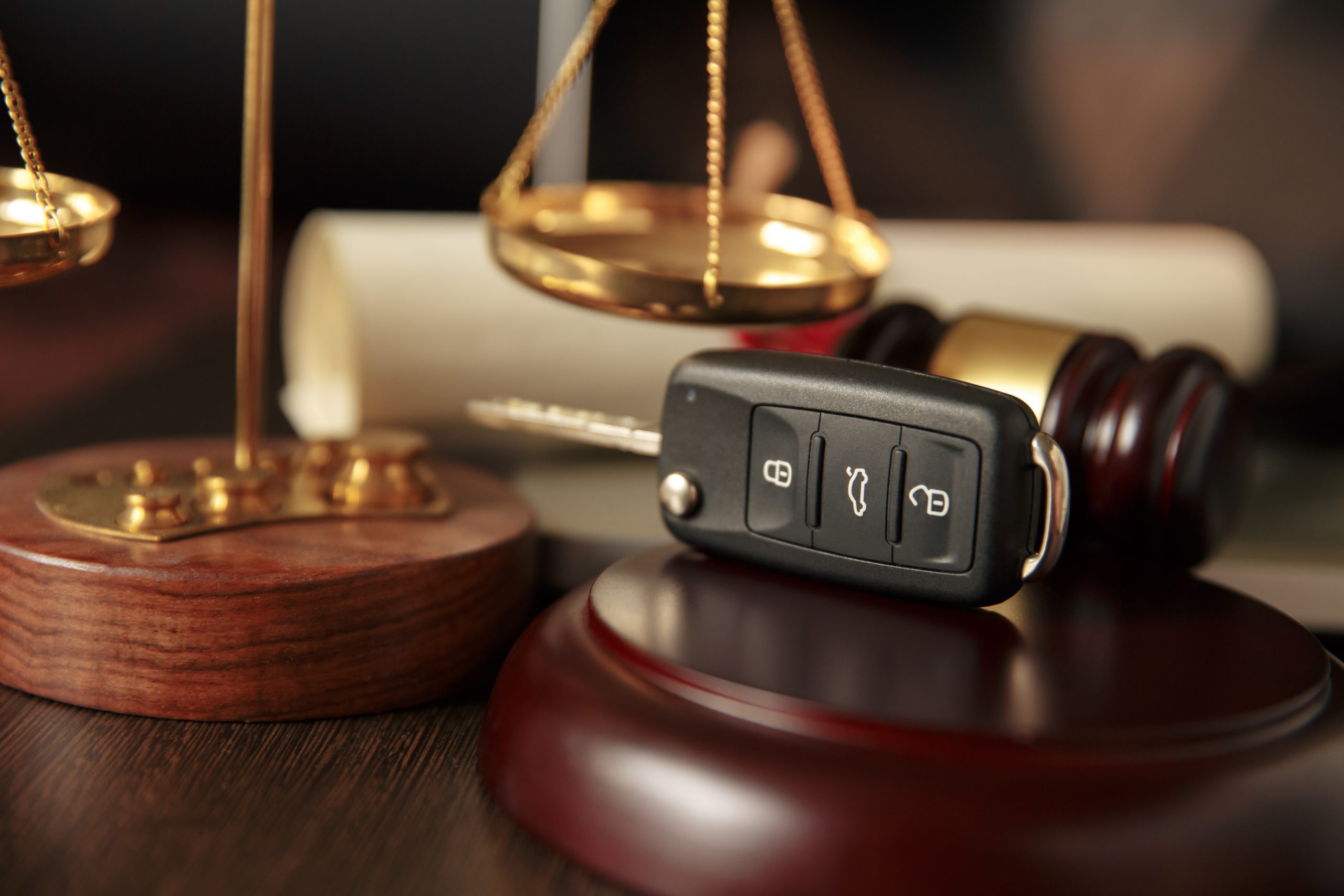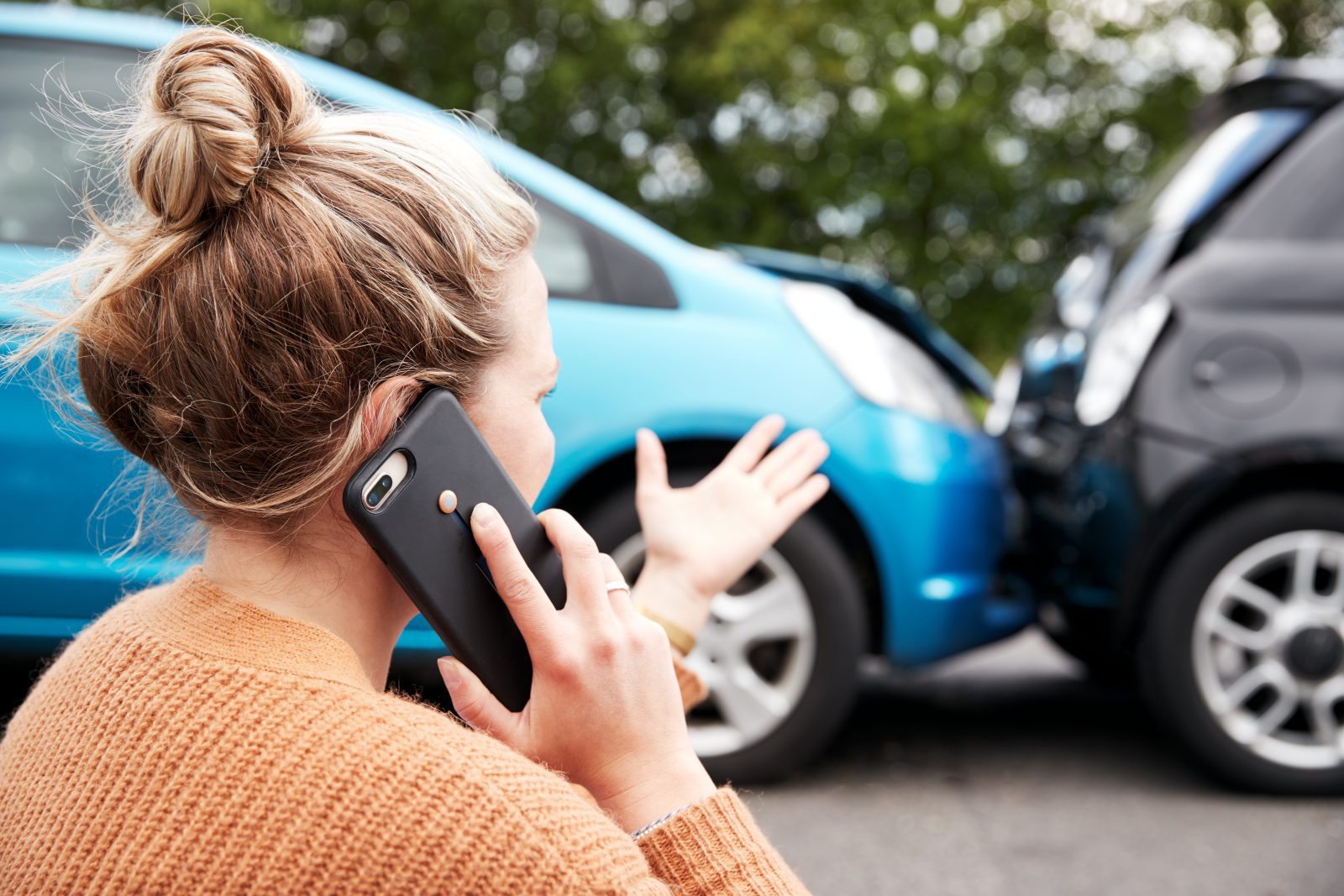Vehicular accidents include car crashes, truck collisions, and motorcycle collisions. There are a variety of damages that can arise in a vehicular accident, such as vehicle body damages, complete vehicle wreck, and driver or passenger harm.
In addition, as a result of vehicular accidents, people suffer financial loss, post-traumatic disorders, fatal injuries, loss of loved ones, and court cases.
That being said, here are some suggested ways you can manage the damages that result from vehicular accidents:
Mitigating Legal Damages
Sometimes, when accidents occur, aggrieved parties may file legal proceedings against you. Plaintiffs may seek to fully shield themselves from any form of liability arising from such accidents and may fully transfer the liability to you.
Should you face a legal proceeding, here are some checklist to consider:
- Contracting Reputable Legal Firms: It is wise to look for firms with experience dealing with insurance, criminal law matters, and other civil matters. Having contacts with reputable law firms, such as Doehrman Buba, can help you in such a time.
- Knowledge of Basic Legal Rights: An understanding of basic legal rights, like the right to representation and a fair trial, can shield you from possible arm-twisting. It’s advisable not to speak to investigators or the defense attorney without your lawyer.
- Consult Your Insurance provider: Insurance companies also have a team of their legal team. You can use the business relationship to get some advice regarding your case.
Should you face legal proceedings, getting a good defense can either help quash the case or reduce the possible legal punishment.
Precautionary Measures
As a widely accepted principle, “prevention is better than cure.” There are numerous ways you can prepare yourself to avoid accidents or reduce the damages thereof.
Below are some precautionary measures you can take:
- Limit the use of Mobile Phones on the road: According to the U.S Department of Transportation, approximately 1.5 Million crashes annually are a result of mobile phone use. This can either occur when a driver is texting and driving, calling and driving, and also pedestrian use of Mobile while crossing the roads.
- Use of Safety Belts: According to the World Health Organisation (WHO), safety belts in vehicles are credited for saving more than 1 million lives. They also reduce the risk of fatality in the front seat passengers by 40-50%
- Checking Speed levels: Road users should observe prescribed speed limits and avoid overspeeding. Overspeeding takes away control from drivers, increasing the risk of accidents.
Take note that a good number of vehicular accidents can be avoided by observing precautionary measures.

Having An Extensive Insurance Cover
Liabilities arising from accidents are normally beyond an individual’s capability to handle them. Issues to do with repairs, potential lawsuits, and a vehicle written-off can bankrupt an individual. That’s why it’s important to have an extensive insurance cover for your vehicle.
Below are top indicators of a good insurance cover:
- Check to see if you will be covered for lost income as a result of the accidents. This may be in the form of cash payments or in-kind settlement of the loss.
- Be on the lookout for insurers who offer tangible advice. This includes full disclosure of items covered and your liability if any.
- Inquire from your insurance provider whether you will be protected from excess, payments, political violence, acts of God, and other issues special to your line of business.
Take note that insurance is a fallback plan if an accident happens, therefore having a good cover helps a lot.
Vehicle Maintenance
Regularly maintaining your vehicle is critical in avoiding accidents that are related to faulty parts. Vehicles can suddenly come to halt or lose control midway, which are signs of bad maintenance.
Below are some areas of vehicle maintenance to work on.
- Tire Maintenance: Tires busts, low pressure, and bad threads are some pointers that may cause accidents. Vehicles with worn-out tires are hard to control, more so in emergency situations.
- Lights: Ensure all your lights are functional, including fog lights. They enhance vehicle visibility, which is also a great precaution.
- Brakes: Keeping brakes in top gear helps enhance safety in emergency situations and in steep terrains.
- Engine: Faulty engines can cause sudden halts in busy highways, overheating, and vehicle losing control. Regular servicing is critical in this aspect.
- Safety accessories: Ensure the vehicle has accessories, such as fire extinguishers and safety signs. In case of an emergency breakdown, safety signs can help warn other road users, enhancing safety.
Conclusion
There’s no complete assurance that vehicular accidents will not happen to you. Thus, it is always wise to prepare for such eventuality.
Precautionary measures, such as seeking legal council, vehicle maintenance, great insurance covers, and being careful on the road can help reduce the possible effects.







